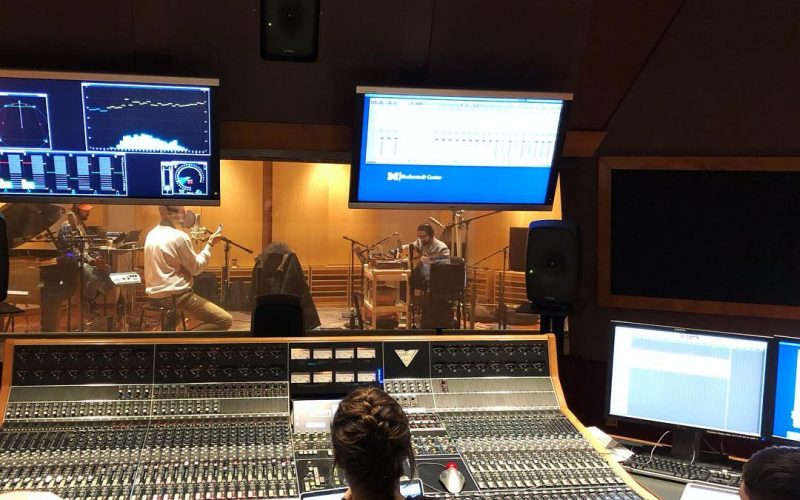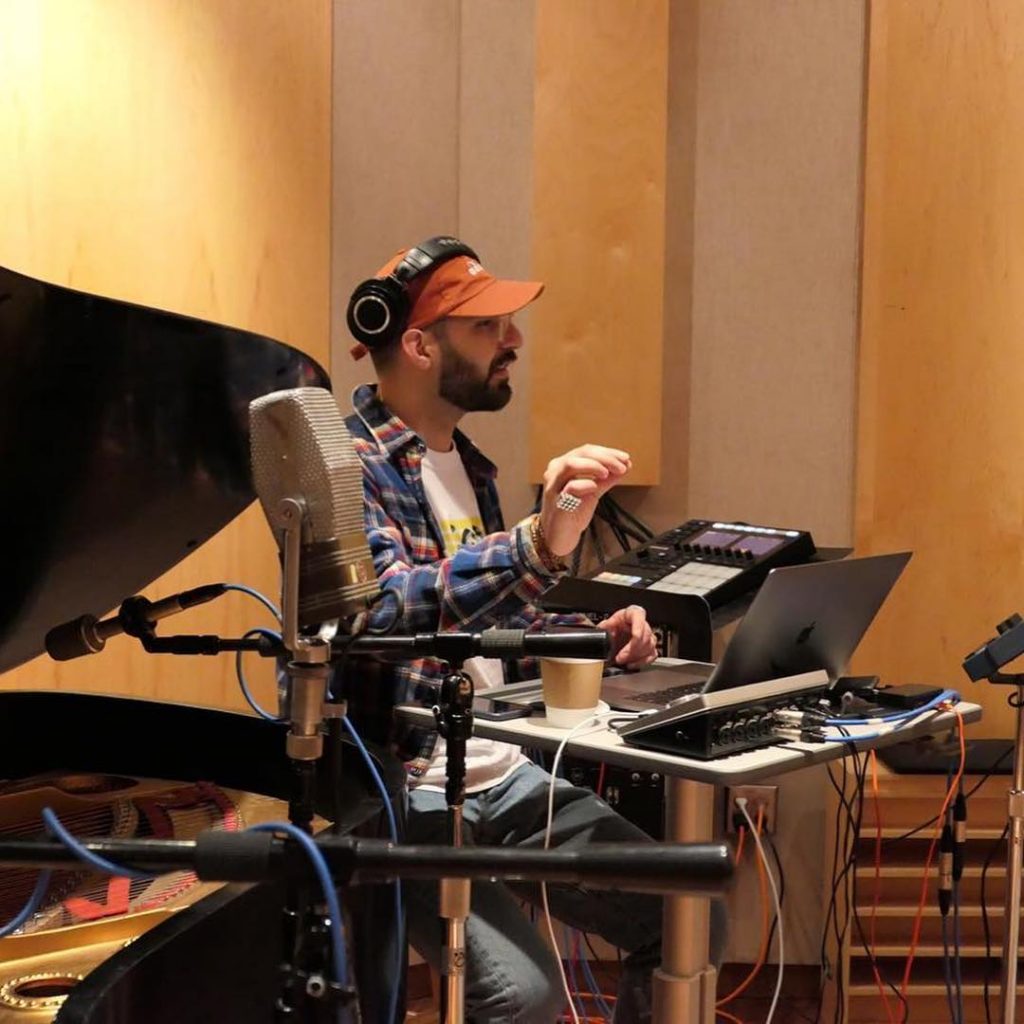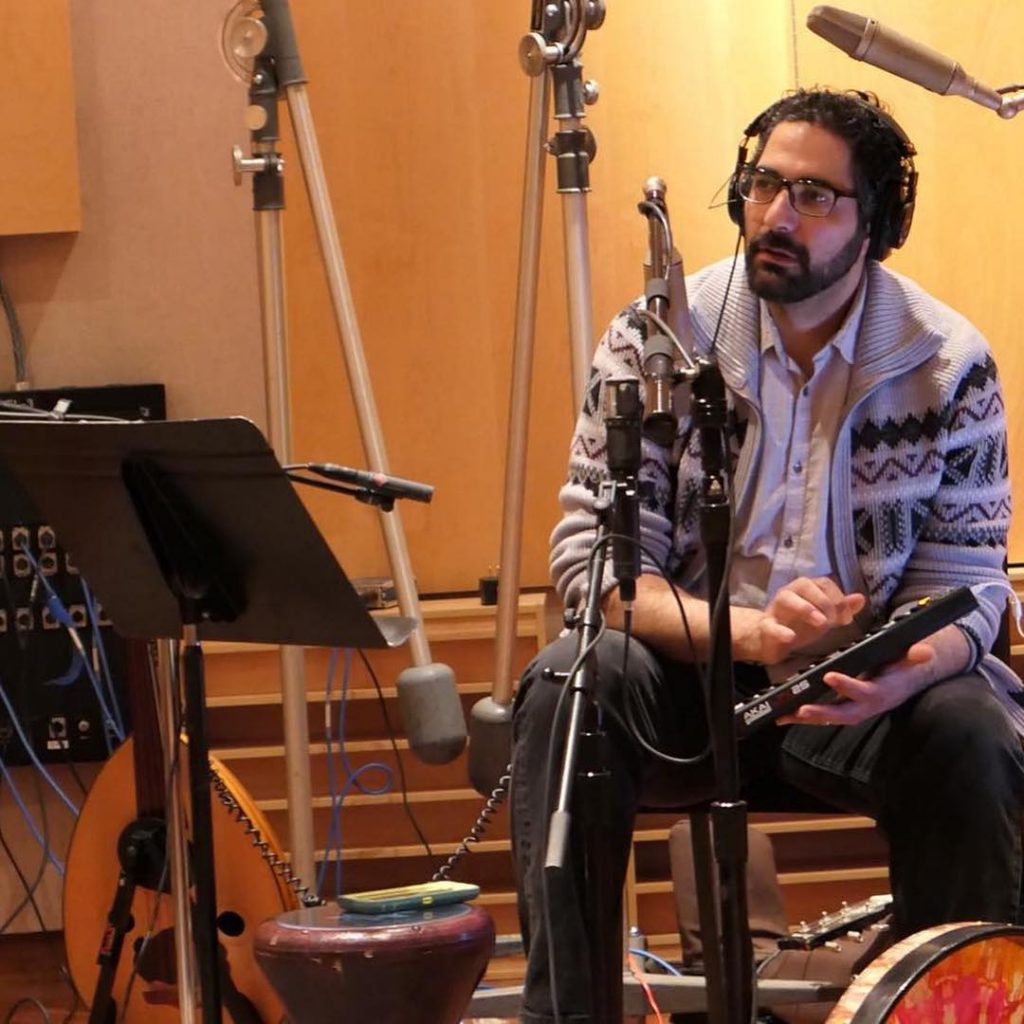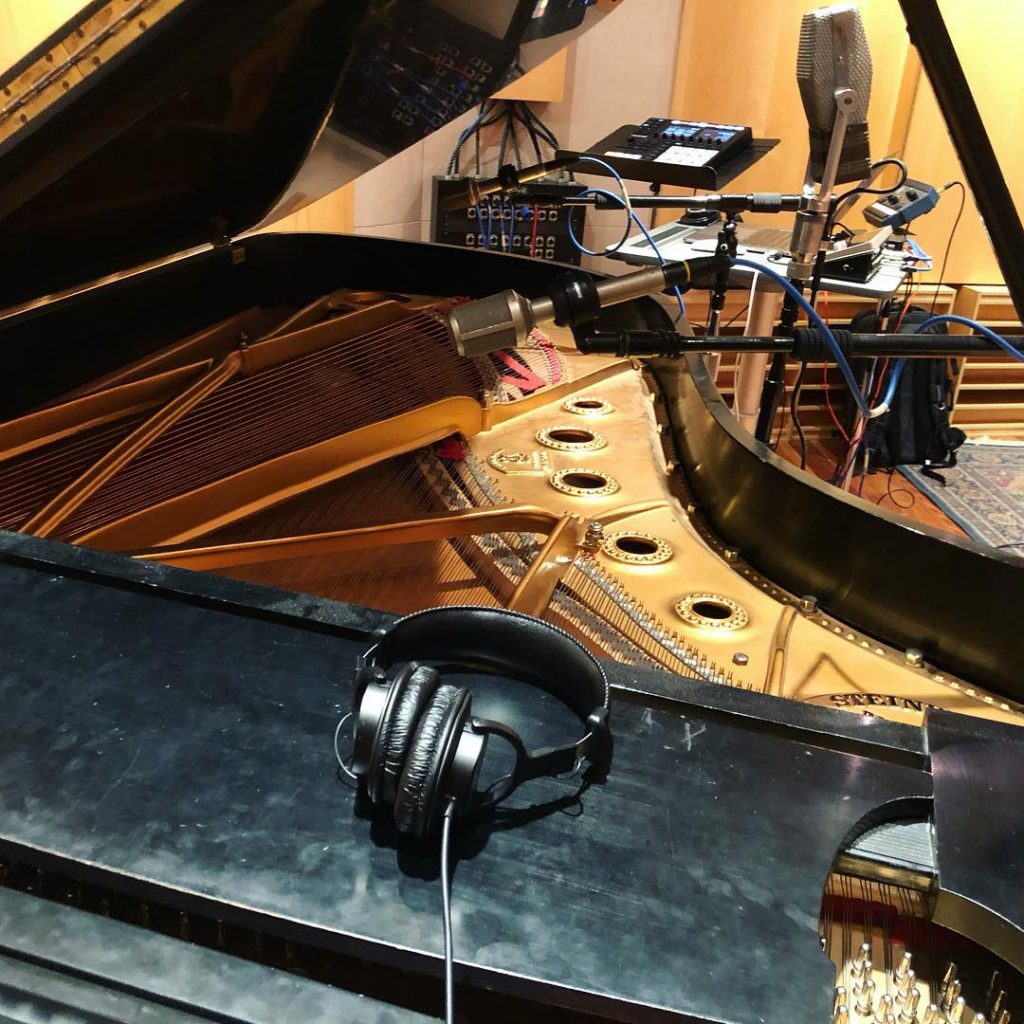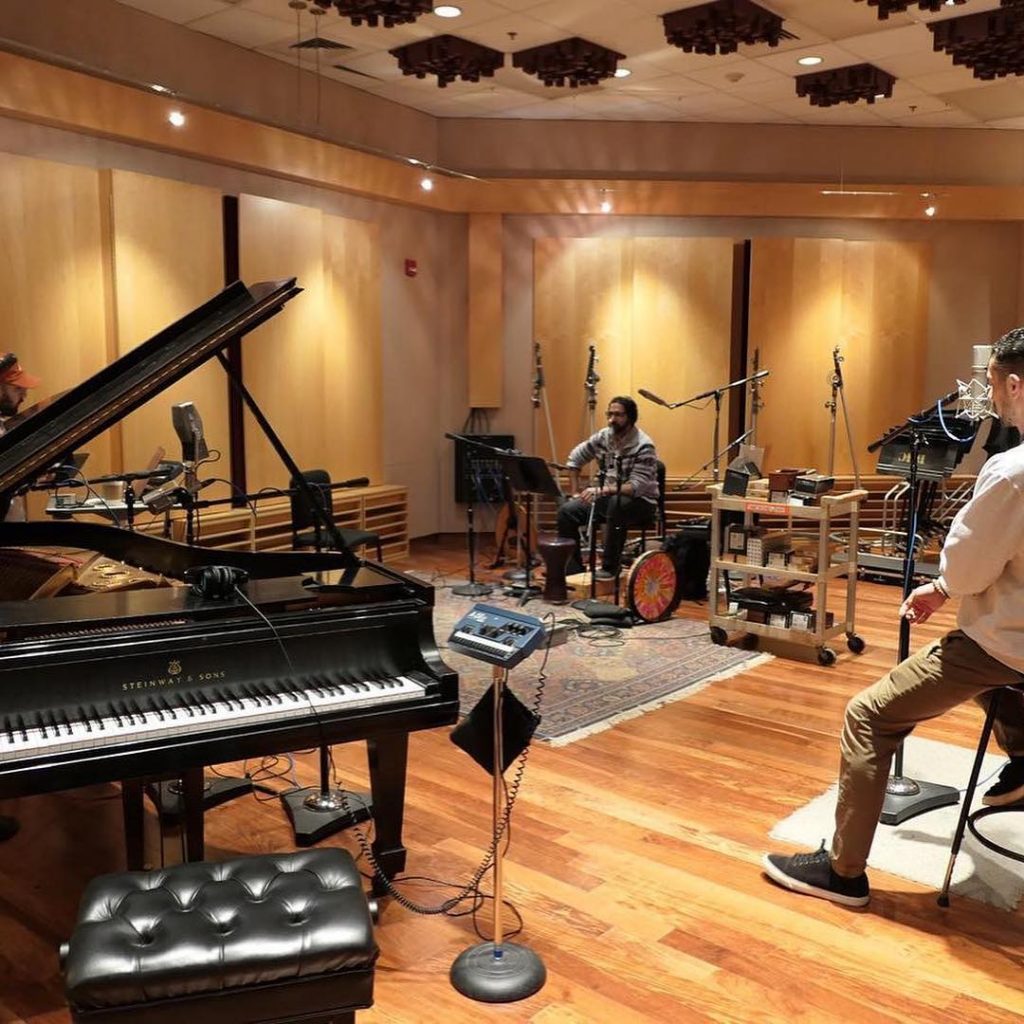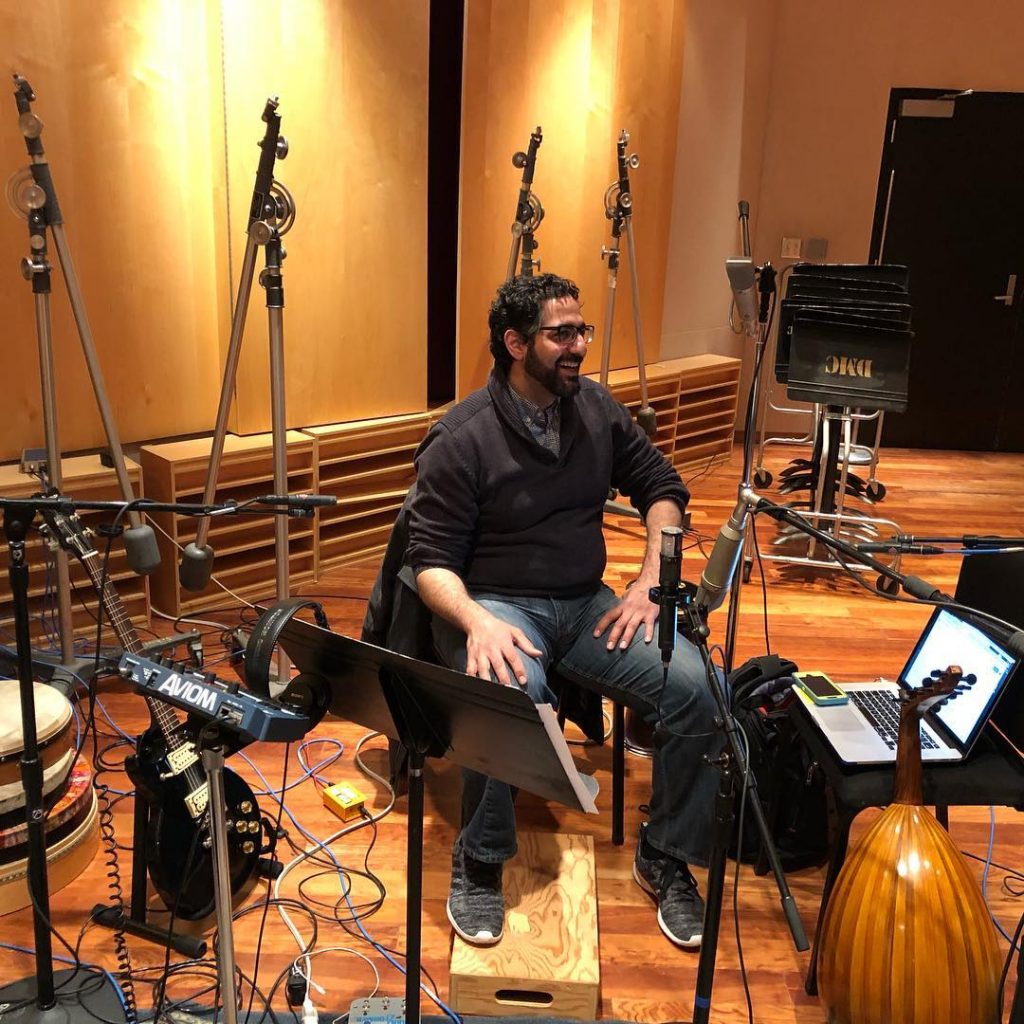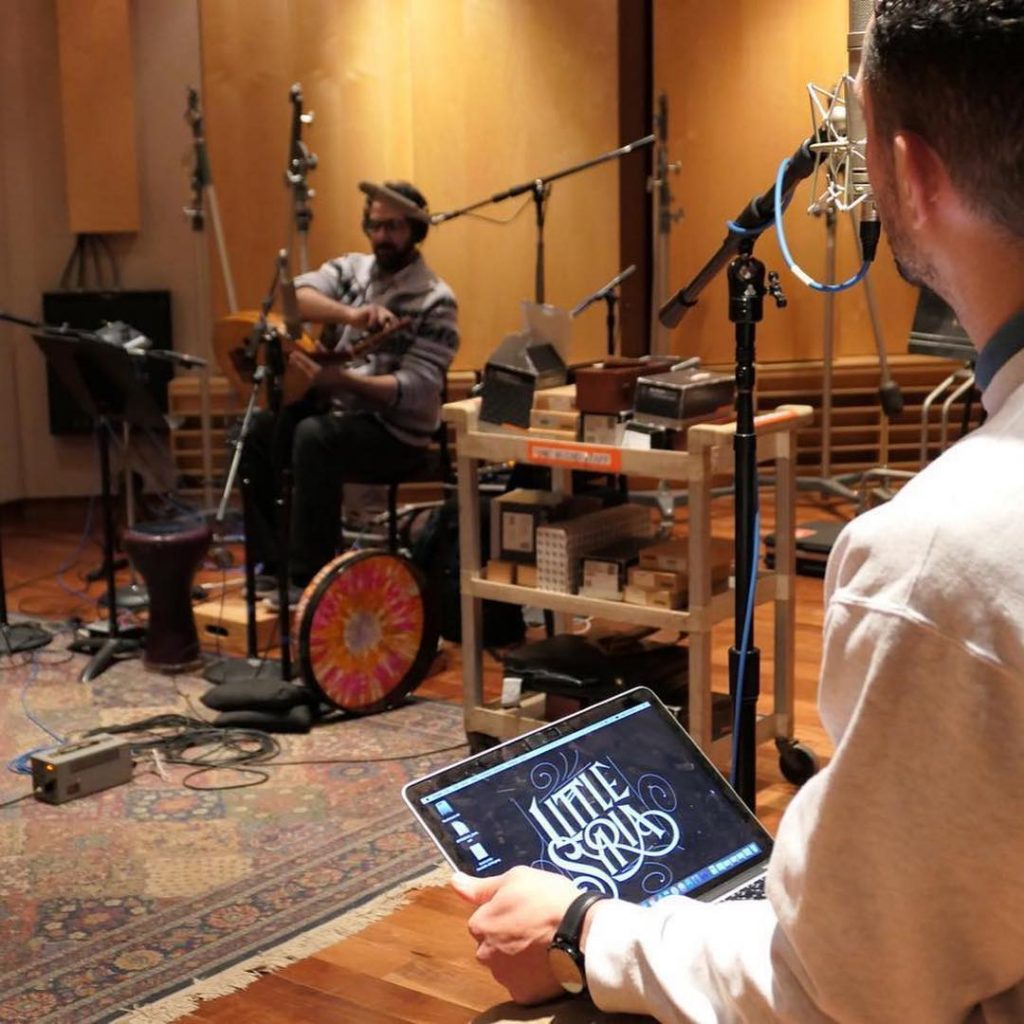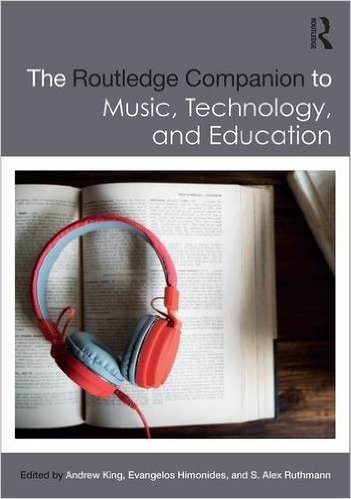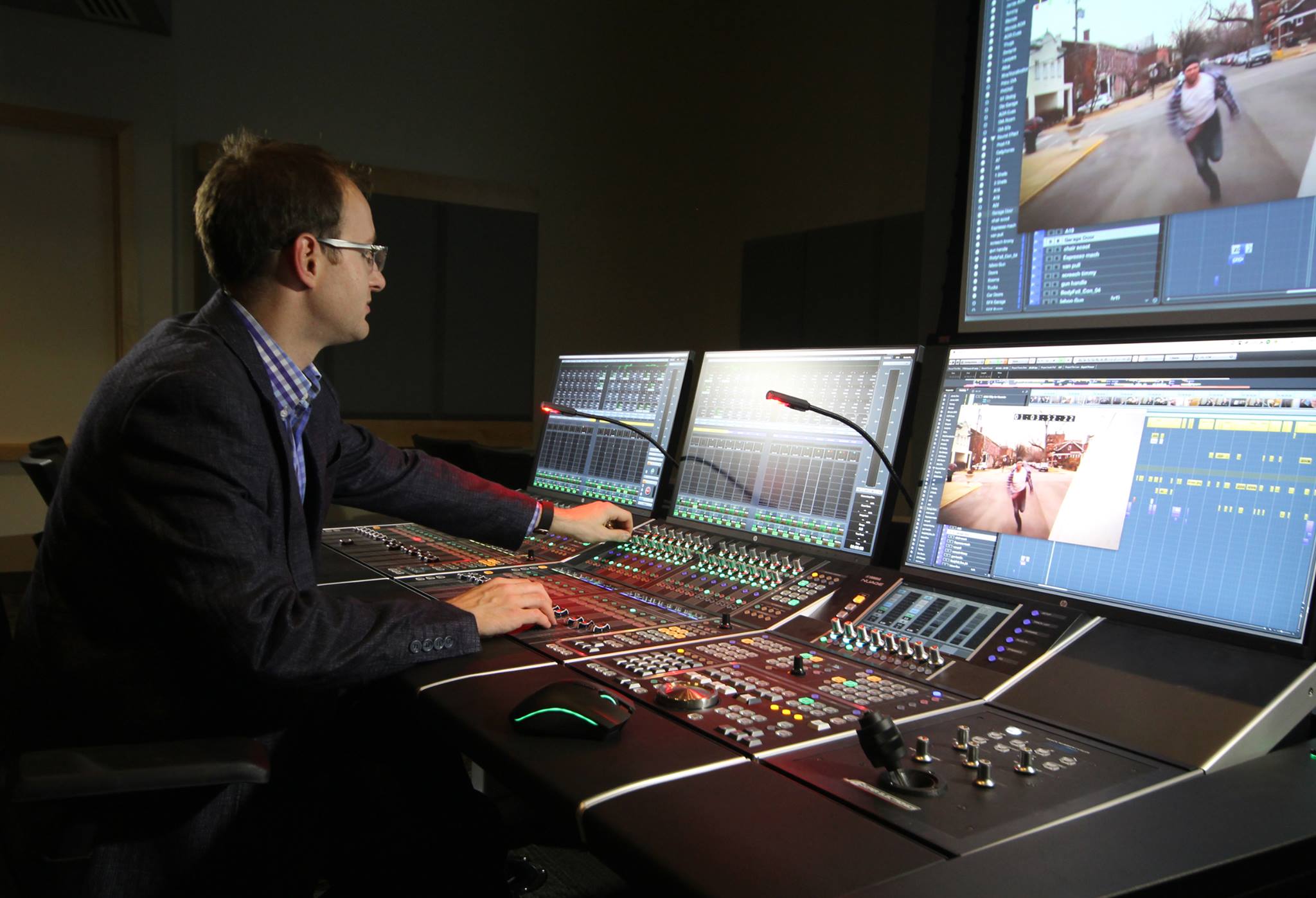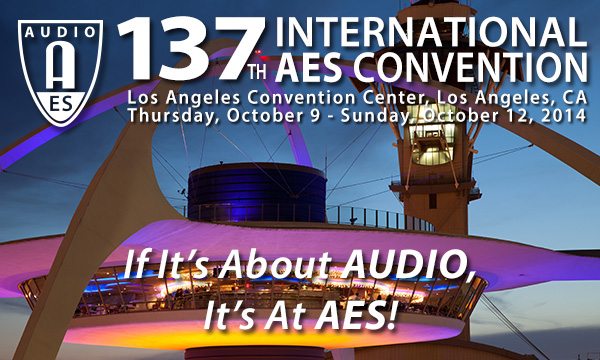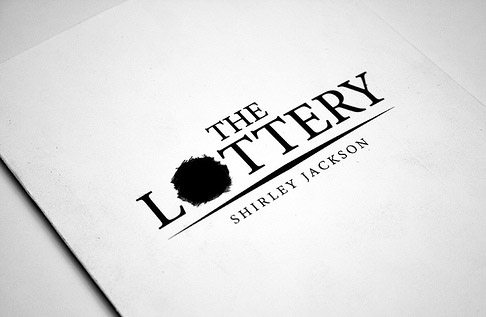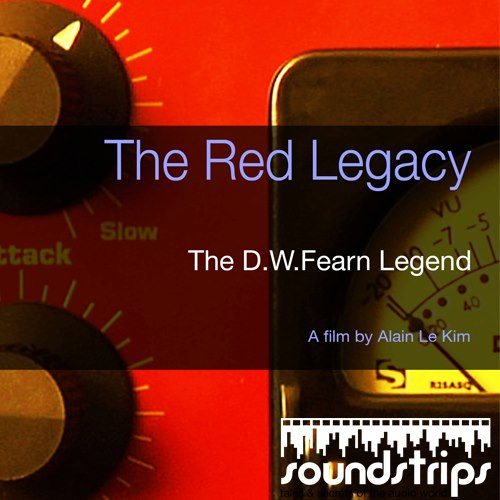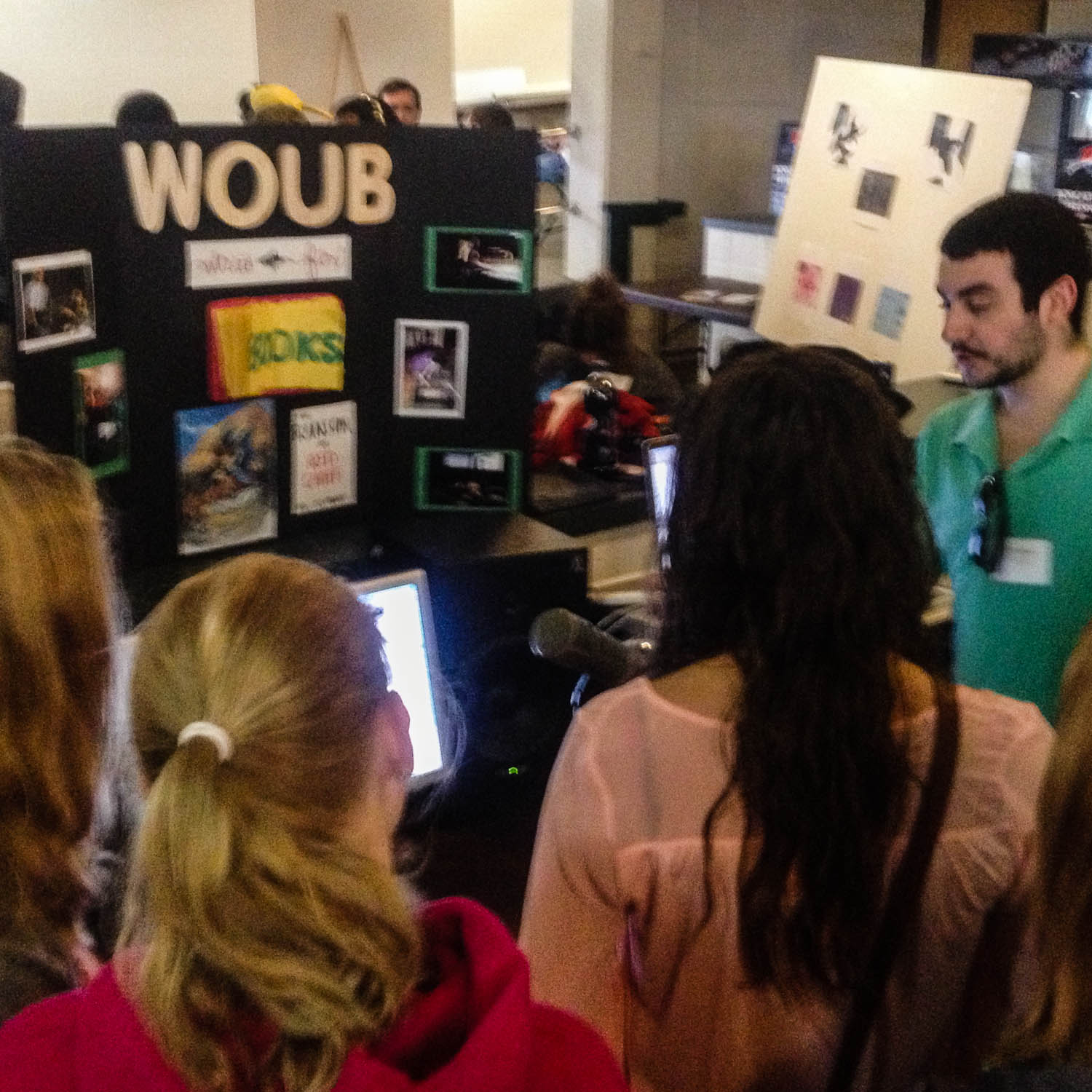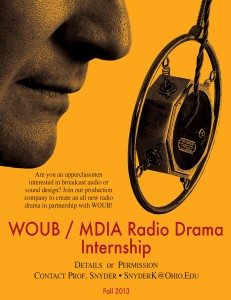Was a blast supporting Artist-in-residence Omar Offendum w/ Ronnie Malley & Thanks Joey in partnership with UMS – University Musical Society! Photos above are from sessions and the video below was recorded post-residency.
recording
Snyder Contributes Chapter To The Routledge Companion To Music, Technology, And Education
The Routledge Companion to Music, Technology, and Education is a comprehensive resource, released in December 2016, that draws together burgeoning research on the use of technology in music education around the world. Rather than following a procedural how-to approach, this companion considers technology, musicianship, and pedagogy from a philosophical, theoretical, and empirically-driven perspective, offering an essential overview of current scholarship while providing support for future research. The 37 chapters in this volume consider the major aspects of the use of technology in music education:
- Part I. Contexts. Examines the historical and philosophical contexts of technology in music. This section addresses themes such as special education, cognition, experimentation, audience engagement, gender, and information and communication technologies.
- Part II. Real Worlds. Discusses real world scenarios that relate to music, technology, and education. Topics such as computers, composition, performance, and the curriculum are covered here.
- Part III. Virtual Worlds. Explores the virtual world of learning through our understanding of media, video games, and online collaboration.
- Part IV. Developing and Supporting Musicianship. Highlights the framework for providing support and development for teachers, using technology to understand and develop musical understanding.
Kyle P. Snyder is excited to have contributed Chapter 11, Audio and Education, to The Routledge Companion to Music, Technology, and Education. In this chapter, Snyder considers the interrelated nature of Music, Technology, and Education within today’s classroom and especially audio engineering curricula. He also considers ways technology is used within audio engineering curricula, research germane to pedagogy and effectiveness, and suggestions for future development with a nod to practical implementation as is the long withstanding heritage of the trade.
With technologies themselves a primary curricular focus proving to be a powerful platform for study, not just of audio specifically, but of music more generally, the recording studio is itself rewarding musical instrument. It is an instrument well-suited for composing and performing music, individually or in ensemble. It is an interactive environment offering multiple modes of rich user feedback, and several paths for structured and independent exploration and research, across a broad range of musical elements. Relating to music via the multitrack recording studio offers a wealth of opportunities – by doing and through listening – for a rich and rewarding music education.
The Routledge Companion to Music, Technology, and Education is designed for undergraduate and post-graduate students, music educators, teacher training specialists, and music education researchers. It serves as an ideal introduction to the issues surrounding technology in music education.
Snyder Featured By Yamaha Pro Audio / Steinberg Interview
Ohio University Lecturer Kyle P. Snyder was recently featured by Yamaha Commercial Audio and Steinberg in an interview detailing the new Ohio University School of Media Arts & Studies and Scripps College of Communication post-production studio. The interview is now on SYNC: SteinbergYamahaNetworkChannel.
Snyder to Moderate Focal Press Author Panel at AES 137
This year at the 137th Audio Engineering Society Convention, Focal Press will be hosting an Author Panel (complete details) on the main Project Studio Expo Stage where Focal authors will discuss “Mixing Perspectives: Tales of Achieving Big Studio Results on a Project Studio Budget.”
The panel will feature the likes of Mike Senior (Mixing Secrets & Recording Secrets for the Small Studio), Alex Case (Mix Smart & SoundFX), Jason Corey (Audio Production & Critical Listening), and David Miles Huber (Modern Recording Techniques, 7e). I’m particularly pleased to announce that Focal Press has once again asked me to moderate this panel of great authors, which I think will be a great session for all in attendance. I’ve worked with Focal Press for some time now and have always been impressed with the immensely high level of technical expertise that their authors bring to the table, and this panel is sure to further that reputation. It’s worth noting that the 137th AES Convention will bring other non-panel related Focal press from me as well, so stay tuned for that as well!
If you have questions for these authors, either for someone specific or in general on the topic of the author’s panel, I’d invite you to leave your question in the comments below (or via twitter directed to @KylePSnyder) as I absolutely welcome suggestions from our audience.
I hope to see you at the AES Convention, and I’d invite you to join us on Sunday, October 13th at 11am. For more details, be certain to consult your AES program.
MDIA / WOUB Radio Drama Internship Students Record The Lottery & Win Awards
Over the past several years I’ve posted frequently about an exciting partnership between Ohio University Media Arts & Studies students which again continued into the Spring Semester of 2013-2014 and provided an internship / independent study opportunity to complete an exciting audiobook / radio dramas, an ongoing content initiative of the WOUB Public Media.
I’m pleased to report that our amazing team of students have completed production on The Lottery by Shirley Jackson and production is underway on Arch Oboler’s Bathysphere. Once again the results are amazing and we once pleased to announce that once again the project (now known as Ecoustic Alchemy) won a prestigious First Place award within the Media Arts & Studies Category at the Ohio University Student Expo 2014.
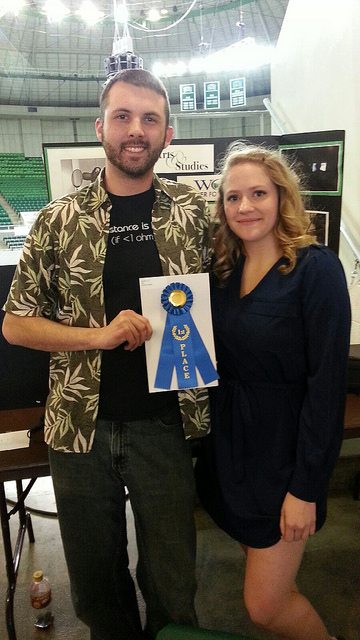
Cast & Credits:
Narrator / Man / Floyd Summers: Joe Balding
Mrs. Summers: Cecilia Rinaldi
Bill Hutchinson: Rob Goeller
Tessie Hutchinson: Heidi Wilhelm
Laura Hutchinson: Kate Wilhelm
Davy Hutchinson: Nora Price
Agnes Delacroix: Ruth Borovicka
Dicky Delacroix: Tess Wilhelm
Mr Martin: David J Whealey
Mrs Martin: Heather Johnson
Schoolmaster John Gunderson: Mark A Robinson
Mr Graves, Postmaster: Terrence J Smith
Old Man Warner: Jim Parsons
Mrs. Dunbar: Celeste Parsons
Mrs. Graves: Rita Greco Preston
Audio Engineering:
Anthony Difino
Aaron Goldstein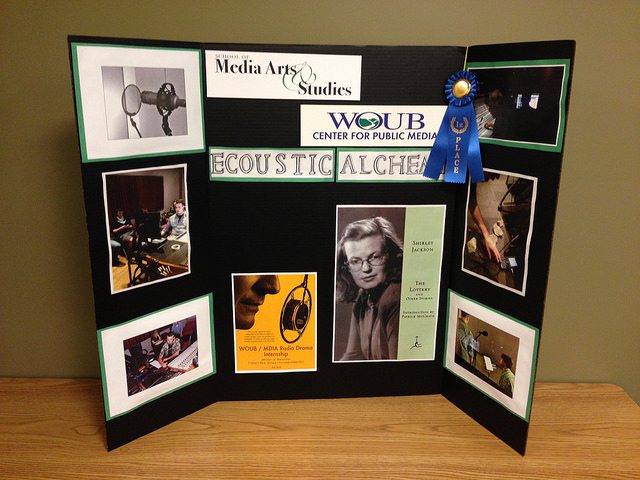
Jeffrey Hill
Todd Hochradel
Maggie Mitchell (Student Project Manager)
Tristan Olson
Executive Producers:
Kyle P. Snyder and Mark Robinson
Top Left: The Ecoustic Alchemy display at the Ohio University Student Expo 2014.
Above: The prize-winning expo display.
Session Documentation: Plan Wisely & Arm Yourself With Data! on AudioUndone.com
Whether you’re just beginning a career in recording or you’re at the top of your game, documentation is key. Imagine you’ve just finished a killer tracking session, one you may want the ability to recreate someday (hint: that’s potentially every session), so now what? I’m generally confident in my memory for microphone placements and studio setup for a few months, however plans change over time, and what may have been easy to remember tomorrow suddenly needs to be compartmentalized until everyone is available again next month. Plus, there’s no remembering compressor or EQ settings, let alone values for gear that has less than descriptive faceplates.
So, what’s an engineer to do? Well, the obvious answer is documentation of some form. If you’re serious about this business, you’ll be documenting your session. After all, you never know what may become of that last-minute project you did last week, and it’s always valuable to be able to look back. All this having been said, what form of documentation you use depends completely on your work-flow and needs. There are many important items which should be included in your documentation, as discussed by David Miles Huber in his newest version of Modern Recording Techniques, 8th Ed.
For David’s thoughts on documentation as well as sage advice from Kyle on the various forms that production documentation can take, be certain to click through to AudioUndone.com for my complete article.
Session Documentation: Plan Wisely & Arm
Yourself With Data! on AudioUndone.com
Review of Red Legacy – The DW Fearn Documentary on RecordingHacks.com
I always love to check out new documentaries, so I was especially pleased when Matt McGlynn of RecordingHacks asked if I’d like to take a peek at The Red Legacy – A Documentary on DW Fearn by Soundstrips’ Alain le Kim.
I don’t want to spoil all the details here, though it’s safe to say the documentary has earned a spot in my ever-growing list of classroom resources. For all the details including full text and a video teaser, be sure to click through to the review.
Understanding The Basics of Analog Signal Flow & How They Relate to DAW Usage on AudioUndone.com
Whether you’re just starting out with audio or an experienced practitioner, some principles are absolute. We may bicker over best practices for microphone placement or the nuances of tube vs. solid state. However, as with everything audio, it’s the fundamentals that are most important. As an educator, I find that one of the most critically important concepts to grasp is that of the signal chain.
As we know, our consoles large and small can readily be dissected into parts of various sizes which makes the physical realm very easy to grasp for most individuals. However, signal flow comes in may shapes an sizes! After all, most students arrive at college today having experienced at least some DAW, meaning they have experimented with signal flow without being introduced to the theory. So, let’s take a really brief look at analog console signal flow and how it relates to the DAWs we use. You may be surprised how much more sense your software makes once you understand its analog brethren.
This is sage advice, so be certain to click through to AudioUndone.com for my complete article and several great tips laid out by David Miles Huber in his newest version of Modern Recording Techniques, 8th Ed.
Understanding The Basics of Analog Signal Flow & How
They Relate to DAW Usage on AudioUndone.com
MDIA Radio Drama Internship with WOUB to Continue in Fall 2013
Over the past year I’ve been fortunate to lead two wonderful teams of students in internships between Ohio University’s Media Arts & Studies WOUB Public Media, and I’m pleased to announce that after an award-winning spring semester we will be continuing this.
Needless to say, if you are a Junior or Senior interested in broadcast audio or sound design, are a self-starter, and have previous studio or sound design experience then we want you to join our mini production company to create an all new radio drama (more info).
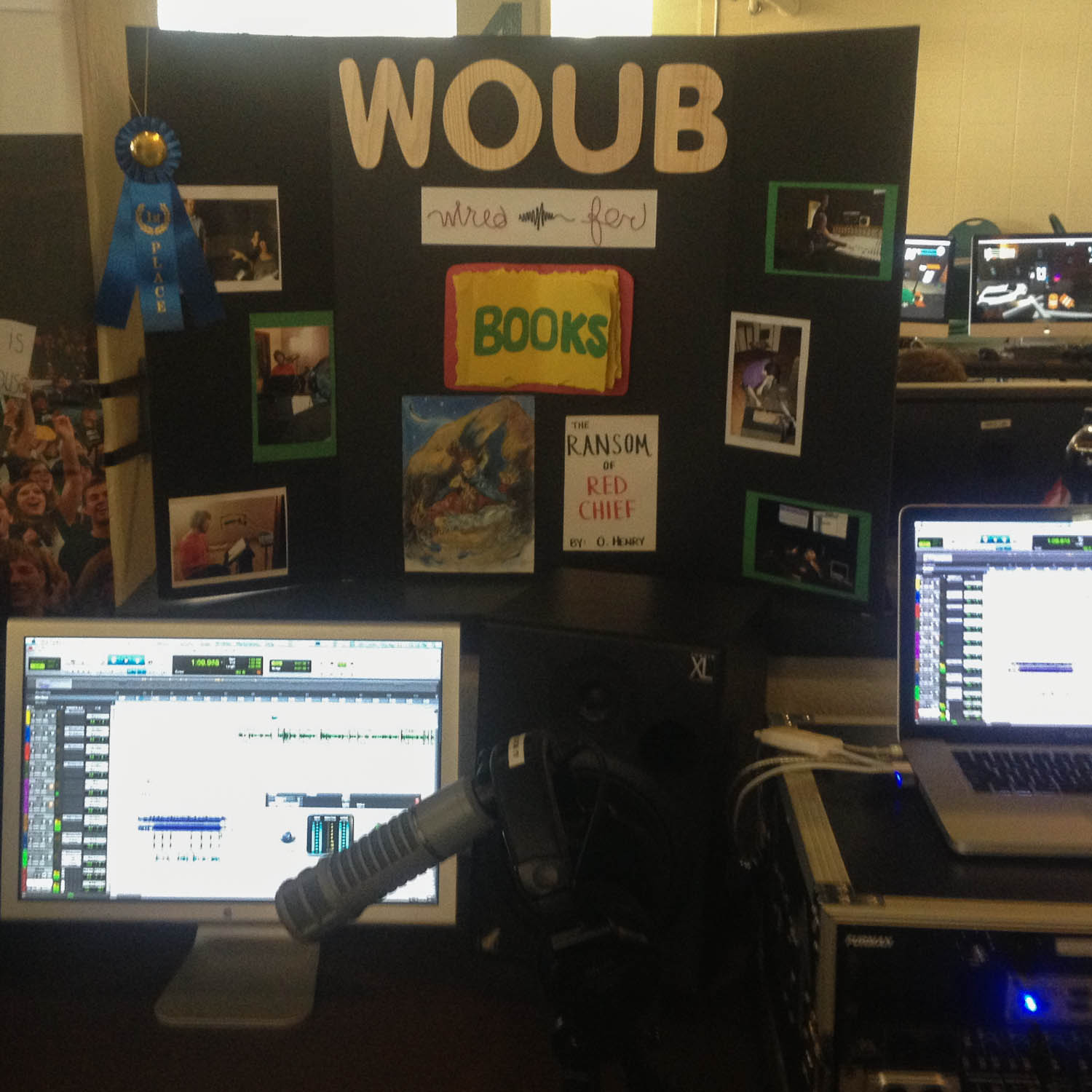
Curious what’s been created by past production teams? In Spring 2013 our amazing team of students produced The Ransom of Red Chief by O Henry and the results are amazing! We’re particularly pleased as this project won a prestigious First Place award within the Media Arts & Studies Category at the Ohio University Student Expo 2013!
Interested students will work independently and alongside WOUB mentors to recording vocal actors, design and record sound effects, and much more.
For Fall 2013, we’re planning on recording another one of the great works by Beatrix Potter, though pre-production is currently in early stages. Completed radio dramas will be aired not only on WOUB-AM but also published on WOUB.org, providing valuable production credits with a widely respected media outlet.
If you are interested in this unique opportunity, please contact Kyle P. Snyder, Visiting Assistant Professor of Media Arts & Studies, by Wednesday, September 4th at snyderk@ohio.edu. Several positions are currently available including Student Project Manager, all which will be filled on a first come, first served basis so act fast!
For all our fans out there, we hope to be sharing some of progress on in late September. In the meantime, check out The Ransom of Red Chief from Spring 2013
